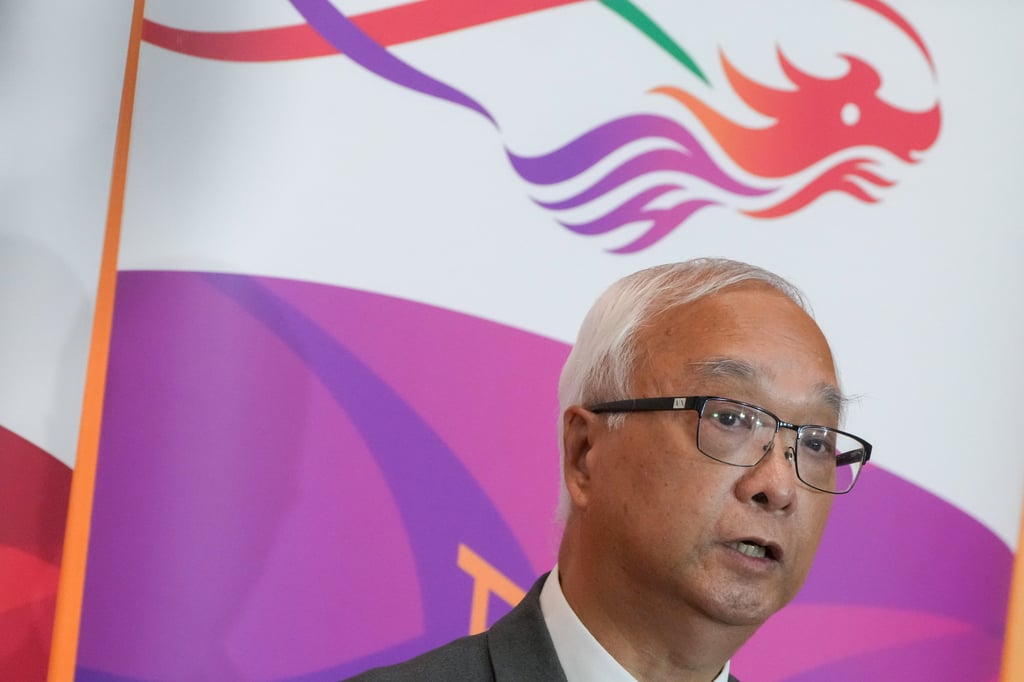Hong Kong unlikely to extend seafood ban beyond 10 Japanese prefectures, unless other goods pose contamination risk: minister
- Environment minister Tse Chin-wan compares Japan’s waste water discharge plan to ‘neighbour putting liquefied petroleum gas cylinders outside [Hong Kong’s] door’
- Japanese consulate in Hong Kong posts notice urging citizens in city to ‘be careful’ and not to talk loudly about such issues

Hong Kong is unlikely to follow mainland China in imposing a blanket ban on Japanese seafood imports, the city’s environment minister has said, unless testing of samples shows radioactive contamination from beyond the 10 prefectures it has already blacklisted.
Secretary for Environment and Ecology Tse Chin-wan on Saturday compared the country’s decision to release treated radioactive waste water into the sea to “a neighbour putting liquefied petroleum gas cylinders outside [Hong Kong’s] door”.
“[The neighbour] said putting them here is the most convenient option at the least cost. He told me not to worry as the cylinders are up to international standards,” he told a radio programme. “I suggested building a wall to separate the cylinders from my house, so I can protect myself in case of any fire accidents.”

But Tse said Hong Kong was unlikely to follow the mainland in expanding restrictions to all seafood imported from Japan.
“We will look at the radiological levels of other Japanese seafood imports as one of our references,” he said. “If we find that the levels of these imports exceed safety standards, we may expand our ban, although we estimate such possibilities will be small.”
The ban came into effect on Thursday as Japan pressed ahead with pumping waste water into the Pacific Ocean.
